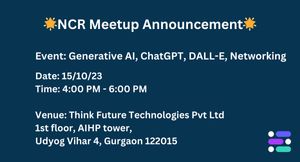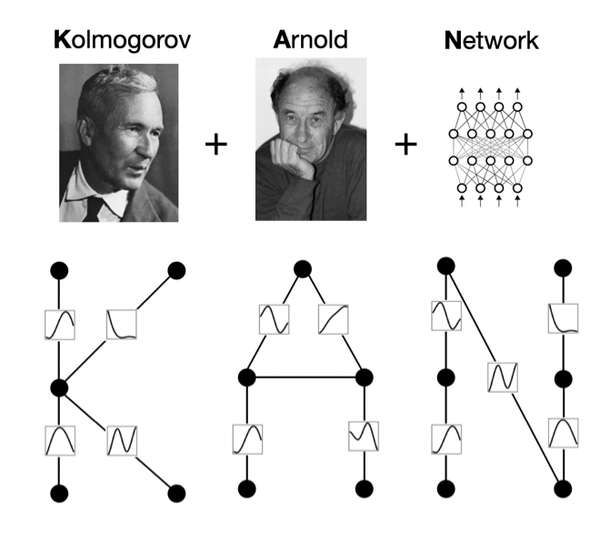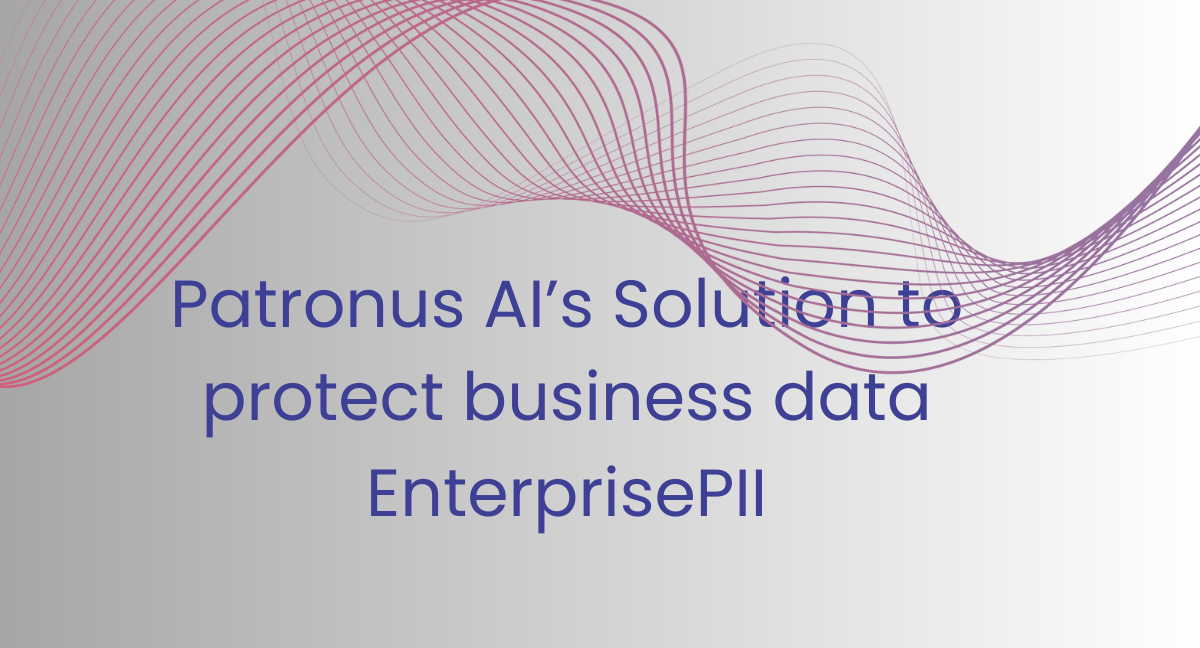If you like our work, please consider supporting us so we can keep doing what we do. And as a current subscriber, enjoy this nice discount!
Also: if you haven’t yet, follow us on Twitter, TikTok, or YouTube!
Quantum artificial intelligence
Quantum artificial intelligence (QAI) is a subfield of artificial intelligence (AI) that uses quantum mechanical phenomena, such as superposition and entanglement, to perform operations on data that are difficult or impossible for classical computers.
In recent years, there has been significant interest in developing quantum algorithms for machine learning tasks, such as data classification and regression. These quantum machine learning algorithms have the potential to outperform their classical counterparts, as they can exploit the massive parallelism of quantum computers.
In order to use quantum computers for machine learning, one first needs to encode the data into a quantum state. This can be done using a variety of quantum encoding schemes, such as amplitude encoding or phase encoding. Once the data is encoded, a quantum machine learning algorithm can be applied to the data in order to learn the desired function.
There are a variety of quantum machine learning algorithms that have been developed, such as the quantum support vector machine and the quantum nearest-neighbour algorithm. The choice of algorithm will depend on the specific machine-learning task that needs to be performed.
Once a quantum machine learning algorithm has been applied to the data, the results can be read out from the quantum computer and processed by a classical computer. This hybrid approach to quantum machine learning is known as quantum artificial intelligence.
Quantum artificial intelligence has the potential to revolutionize the field of machine learning, as quantum computers can learn functions that are beyond the reach of classical computers. In the future, quantum artificial intelligence will allow us to build intelligent systems that can solve problems that are currently intractable.
Do you want to work with us on any of these problems?
We work on similar exciting issues, sometimes for fun and sometimes with commercial aspects. If you have ideas or want to explore these fields with us, please get in touch with us or reply to this email.









